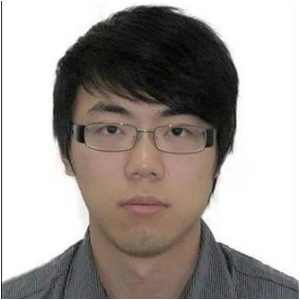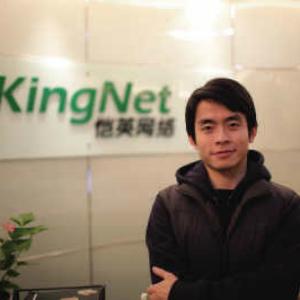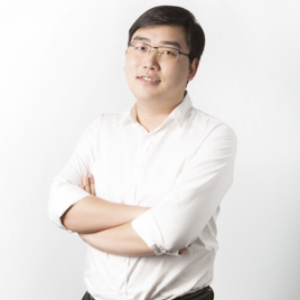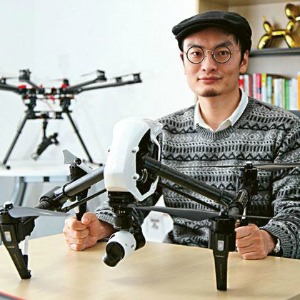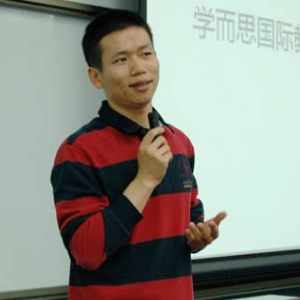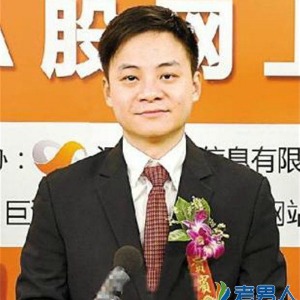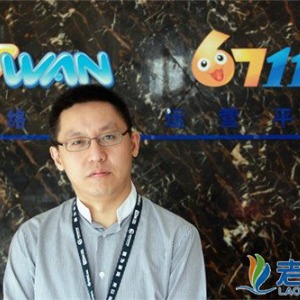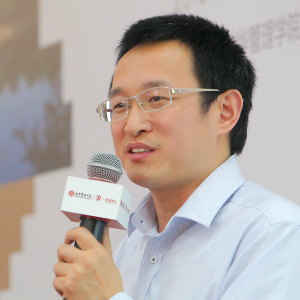Sentenced to prison for assault, teenage 'parachute kids' deliver warning to adults in China

Yunyao Zhai steps into court for sentencing hearing. Zhai is one of three high school students from China that were sentenced for their roles in the kidnapping and assault of another Chinese teenager. Yunyao "Helen" Zhai was sentenced to 13 years in prison. (Irfan Khan / Los Angeles Times)
Cindy Chang
Xinlei “John” Zhang was 15 when he moved to Southern California to get an American education.
He lived in a private boarding house for teens like himself, so-called “parachute kids” studying at U.S. high schools while their parents stayed behind in China. He fell in with the wrong crowd.
On Wednesday, Zhang, now 19, was sentenced to six years in prison for his role in brutal gang attacks against two fellow parachute kids.
Two other students from China stripped one victim naked, kicked her with high-heeled shoes, slapped her and burned her with cigarettes. They were sentenced to 10 years and 13 years, under a plea agreement with prosecutors that was approved by Los Angeles County Superior Court Judge Thomas C. Falls.
In statements Wednesday, the defendants and their families urged Chinese parents to think carefully before sending their children to the U.S without supervision. The case has attracted widespread attention in China, where studying abroad at increasingly young ages has become fashionable among the middle-class as well as the rich.
At Wednesday’s hearing, Falls struggled to control the mass of reporters and photographers — mostly from Chinese-language media — seeking to document the proceedings.
Falls did not comment on the case, but at an earlier hearing, he said it reminded him of “Lord of the Flies,” William Golding's 1954 novel about boys stranded on a deserted island without grownups.
“This is a wakeup call for the ‘parachute kid syndrome,’” said one defendant, Yuhan “Coco” Yang, in a statement read to the judge by her attorney. “Parents in China are well-meaning and send their kids thousands of miles away with no supervision and too much freedom. That is a formula for disaster.”
Yang, 19, shielded her face from the cameras with her long, straight hair as her attorney spoke. She received a 10-year sentence for kidnapping and assault, as well as inflicting great bodily injury, in a March 30, 2015, attack in a Rowland Heights park against a then-18-year-old girl who was also from China.
The three defendants, who have been in county jail for almost a year since the attacks, will receive credit for time served. They each pleaded no contest to the charges before Falls sentenced them to the terms agreed upon in the deal with prosecutors.
In their statements, each apologized to the victims. Assistant Dist. Atty. Casey Jarvis said he spoke at length to one victim, who said she forgave her attacker.
“She’s a happy person, and that was taken from her repeatedly. But somehow, she was able to find forgiveness,” Jarvis told the judge.
Zhang received a lighter sentence than the two women because of his lesser role, the judge said.
According to preliminary hearing testimony, Zhang was present during the assaults but did not directly participate other than fetching a pair of scissors that the others used to cut off the victim’s hair in the March 30 attack. They then forced her to eat the hair.
In juvenile court, two other teenagers have admitted to assault in one or both incidents. Authorities believe that additional teens involved in the incidents have fled the country.
A 20-year-old man, Zheng Lu, was arrested in December on charges related to the attacks.
Yunyao “Helen” Zhai, 19, avoided the cameras by putting some papers over her face as her attorney read a statement she had written in jail. Accused by the other defendants of being the ringleader, she was sentenced to 13 years for kidnapping and assault in two attacks and inflicting great bodily injury in one of the attacks.
She is not a bad person, she wrote, but she realizes that she has attracted worldwide opprobrium for her actions.
“I’ve heard that I’m hated here and in China, and I probably deserve to be viewed that way,” the statement said.
Living alone in Southern California, she got caught up in a culture of materialism — the latest iPhone and pretty dress — but she now realizes she “owes everything” to her parents, she wrote.
“They sent me to the U.S. for a better life and a fuller education,” Zhai said in the statement.
“Along with that came a lot of freedom, in fact too much freedom … Here, I became lonely and lost. I didn’t tell my parents because I didn’t want them to worry about me.”
Outside the courtroom before the sentencing hearing, Zhang’s father spoke to reporters in Mandarin.
He and his wife have traveled from the southern Chinese city of Shenzhen more than a half-dozen times for their son’s court appearances, even though they don’t speak English and can’t understand the proceedings.
The elder Zhang, who would not give his first name, grew up in Anhui Province and moved to Shenzhen as a young man, first working as a laborer and eventually starting a small manufacturing business.
He thought that sending his son to the U.S. would be a step up for the next generation. Through a middleman, he arranged for a “homestay” with a Mexican American family — about $1,500 a month for room and board.

Xinlei "John" Zhang was sentenced to six years for his role in the in the kidnapping and assault of another Chinese teenager. (Irfan Khan / Los Angeles Times)
The son first attended a Christian high school before transferring to Oxford School, a cluster of portable classrooms tucked away in the back of a Rowland Heights strip mall. The athletic facilities are minimal: three worn basketball hoops, a volleyball net and a soccer goal on a small patch of parched grass.
For about $13,000 a year, the teenager took classes with other international students, mostly from China. Since all his friends were Chinese, he didn’t pick up much English, his father said.
The elder Zhang cautioned Chinese parents not to send their children abroad at such a young age.
“If he’d never left my side, that would have been better,” Zhang said.
cindy.chang@latimes.com





 Reply With Quote
Reply With Quote




